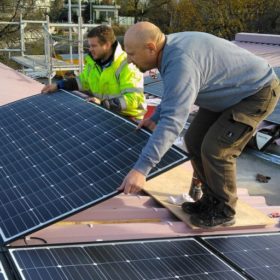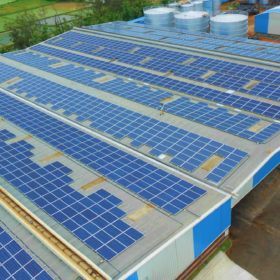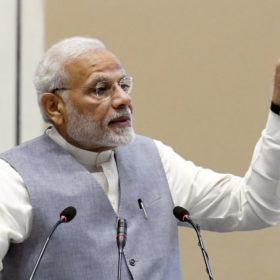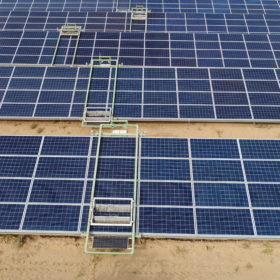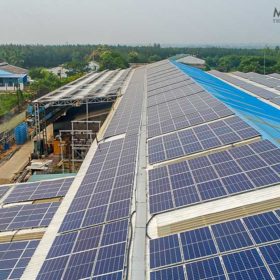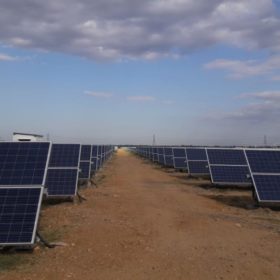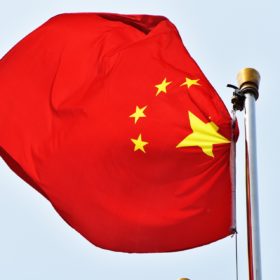ISA invites bids for solar PV project development in member countries
Following Indian utility National Thermal Power Corp.’s proposal for PV projects in International Solar Alliance member countries, the organization has invited bids from companies in such nations with comparable credentials and experience, as long as they own at least 250 MW of solar capacity.
TERI and Cadmus launch rooftop solar market aggregator program
The I-SMART program aims to aggregate demand for 1 GW rooftop solar systems across four states and two union territories. It simplifies rooftop solar installation by providing a range of services both to the partner installers and prospective customers on a single-window web portal.
India’s solar industry digests the election results
With Narendra Modi’s government stunning pollsters with another huge victory, the solar industry expects renewable power momentum to be maintained with steps including anti-dumping duty on solar module imports, a national policy for rooftop solar and an emphasis on easing private-sector participation in the power sector.
Global cumulative PV capacity may reach 1.3 TW in 2023, SolarPower Europe says
The European solar trade body expects 128 GW of new PV capacity in 2019, with China likely to bring around 43 GW online and Europe experiencing enough demand to deploy about 20.4 GW. In 2020, global solar demand is expected to reach 144 GW, while in the following three years new PV additions are forecast to total 158 GW, 169 GW and 180 GW, respectively.
Modi government propelled renewable growth: CEO survey
In a recent survey, an overwhelming 73% of respondents said they remain upbeat about India’s renewable growth prospects, despite recent policy reversals and various other operational challenges the industry faces.
Rooftop solar needs greater push to reach 2022 target: IEEFA
Policy certainty and more financial subsidies would incentivise the market, as would support for domestic manufacturing and simplifying the net metering application process.
IEA warning against stagnation of renewables
After two decades of growth, the amount of newly installed renewable energy capacity is no longer rising and, despite a 7% growth in electricity generation from clean energy sources, global energy-related carbon emissions have risen 1.7%.
Tackling India’s solar waste challenge
As the nation aims for 100 GW of solar capacity by 2022 it is staring at up to 1.8 million tons of PV waste by 2050. A solar waste management seminar organized by consultancy Bridge To India in New Delhi brought stakeholders together to discuss how a PV waste management system could help.
China confirms FIT level payments – but they will be ‘subject to competition’
The Beijing authorities have confirmed the payment levels to be made according to type of project and region from July onwards but an auction process will be involved so the figures are for guidance only. No decision has yet been made on the 30 GW of capacity added since the end of May.
ITBP, Sikkim tenders 10 KW and 5 KW solar projects for border outposts
The Indo-Tibetan Border (ITB) Police Force at Lingdum in East Sikkim has invited bids for supply and installation of 10 KWp and 5 KWp solar power plants at its five border outposts.
